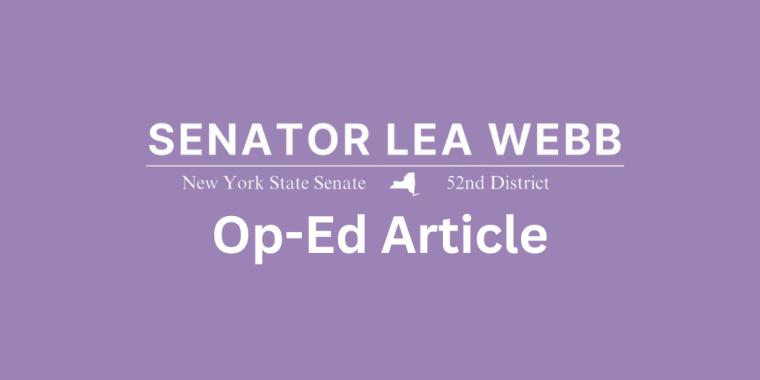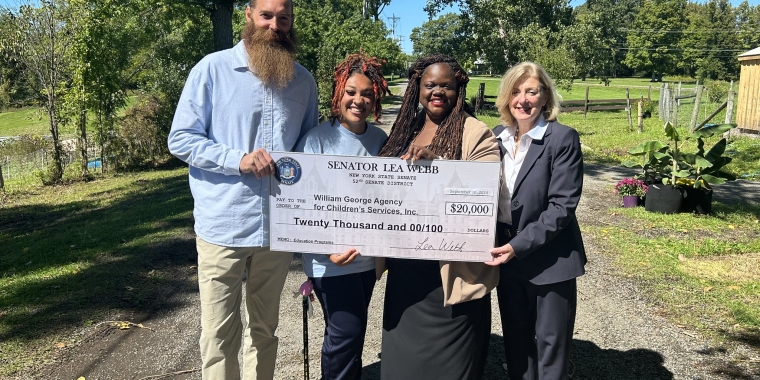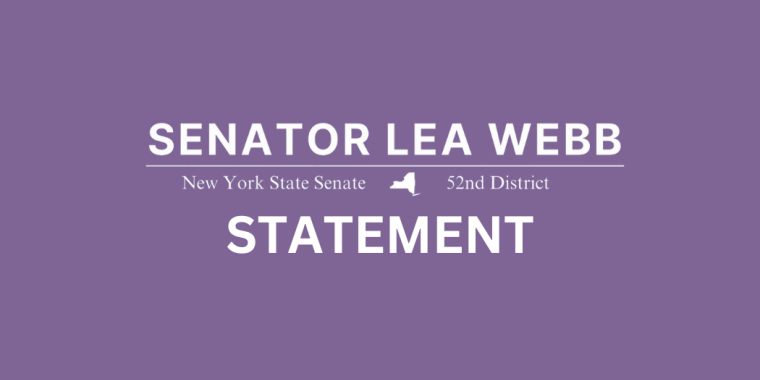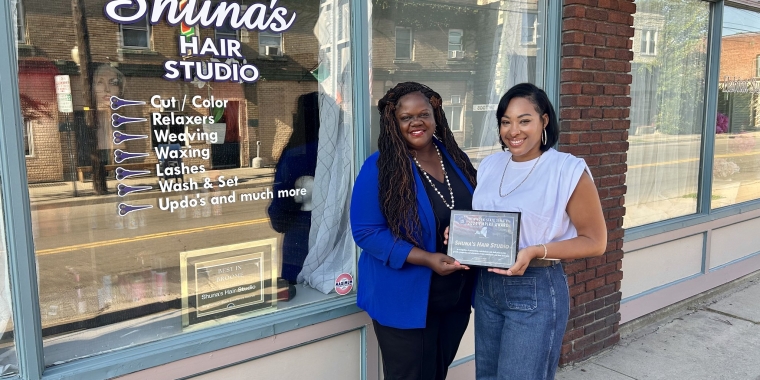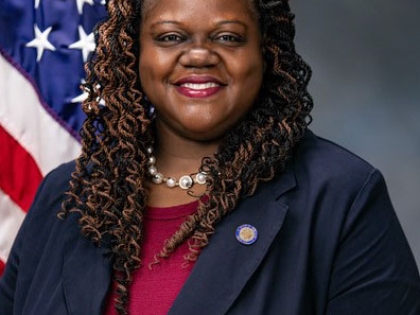
This is why New Yorkers must move toward climate-resilient housing | Opinion
Shira and Ari Evergreen were in a bind. Their fuel oil tank sprung a leak so they couldn’t buy heating oil for the coming winter unless they invested $2,000 in a new tank. Eager to get off of oil to a less expensive, less polluting heating system, the couple started to explore their options. The Evergreen family of four qualified for a $10,000 grant from the EmPower NY program, which, along with utility incentives, would cover the cost of a new energy efficient heat pump system for their small home in rural upstate New York. But, due to water damage in their ceiling, they were not approved for the grant.
With only a couple of space heaters to keep them warm, the Evergreens felt stuck and worried for their two young children. There were no programs that covered the cost of roof and ceiling repairs, although eventually, the Evergreen family was able to get the needed repairs done. They then secured grants that paid for a heat pump system and a heat pump water heater to be installed. Later, they purchased an induction stove and are now happily living in a healthy, cozy, all-electric home.
But the Evergreens’ story is the exception, not the rule. Many of our constituents fall through the cracks.
Earlier this week, Gov. Kathy Hochul gave an inspiring State of the State address that made unprecedented commitments to three crucial issues: housing, climate change and energy affordability, demonstrating that she understands how they go hand in hand. Further, Hochul laid out a bold policy agenda to spur housing growth, to modernize new construction and reduce existing buildings’ greenhouse gas emissions in line with the state’s Climate Act. She also pledged critical funding to ensure energy affordability for low income households. The EmPower program that helped the Evergreens solve their heating problem for example, will now be expanded to serve more families along with an energy affordability guarantee.
Now these commitments must be codified into law. The best way to accomplish this is for the governor to include the All Electric Building Act, the NY HEAT Act, formerly Gas Transition and Affordable Energy Act and the Energy Efficiency, Equity and Jobs Act, along with a Green Affordable Pre-Electrification Fund to cover home repairs and remediation. These bills are carefully detailed road maps that will effectively guide the state in reaching the Governor’s stated 2023 goals.
Across New York, there are tens of thousands of low- and moderate-income households like the Evergreens living precariously in old poorly insulated buildings with insufficient heating and appliances. They’re often unable to take advantage of grant programs designed to help them because of deferred maintenance — mold, lead, asbestos, knob-and-tube wiring and structural issues. These issues are even more confounding for renters, who fear that asking for improvements to their buildings could lead to higher rents, eviction, and neighborhood gentrification. By passing these bills, the state legislature and Hochul can make clean and affordable energy within reach for every New Yorker.
The housing and energy crises in our state are already crippling and they are inextricably linked to the extreme weather events as we just witnessed in Buffalo. New York’s housing crisis, reported to be the 4th worst in the US, is exacerbated by the poor condition of the state’s oldest in the nation building inventory. Energy burden — the percentage of household income spent on energy bills — is already sky high, and heating fuel prices are projected to get even more expensive this winter. According to the Public Utility Law Project, the average energy burden of low-to-moderate income households in the Southern Tier is over 12% — double what is considered affordable. The worst impacts of this crisis are and will be borne hardest by the most marginalized New Yorkers: low-income families, the elderly, and people of color.
Hochul has laid out an ambitious progressive agenda to tackle emissions from buildings, our state’s largest source of greenhouse gasses. We stand ready to work together with the governor to fulfill the need for a healthful, affordable and climate resilient home for every New Yorker.
State Sen. Lea Webb represents Senate District 52 and Assemblymember Anna Kelles represents Assembly District 125, both touching on the Southern Tier and Finger Lakes regions.
